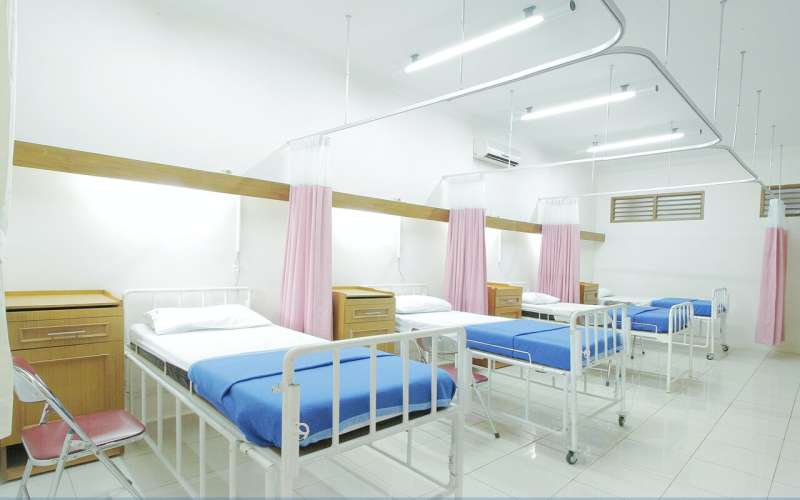Potential Shift in Health Policy: Psychedelics Championed by Trump's Surgeon General Pick

Dr. Casey Means, a wellness influencer and potential U.S. Surgeon General, advocates for psilocybin-assisted therapy, highlighting its potential benefits for mental health, despite federal restrictions. This development raises new discussions about psychedelic use and regulation in healthcare.
The recent appointment of Dr. Casey Means as the U.S. Surgeon General candidate under President Donald Trump has sparked interest and debate, particularly due to her advocacy for the use of psychedelic substances like psilocybin for health purposes. In her 2024 book "Good Energy" and her personal newsletter, Means emphasizes the therapeutic potential of psilocybin-assisted therapy, describing it as a profound and meaningful experience that has benefited her personally.
Dr. Means, a wellness influencer with degrees from Stanford University, has a background in medicine, although her medical license is currently inactive after beginning but not completing her residency in Oregon. She gained recognition through her advocacy of psychedelic therapy, despite psilocybin being classified as a Schedule 1 drug under federal law, indicating that it has no accepted medical use and carries a high potential for abuse. Notably, only states like Oregon and Colorado have legally authorized certain forms of psychedelic treatment.
The role of the Surgeon General traditionally involves providing science-based public health advice, addressing issues like tobacco use, mental health, and infectious diseases. The appointment of Means, known for her endorsement of psychedelic therapy, raises questions about future health policies and the scientific community's stance on these substances.
In her writings, Means describes her personal experience with psilocybin, including using it to foster personal growth and discover love. She refers to psychedelics as "plant medicine" and suggests that they could offer significant mental health benefits, although experts caution about the risks such as hallucinations, nausea, and increased heart rate, especially when used unsupervised.
Furthermore, Means has spoken positively about MDMA (ecstasy) as a potential therapy for PTSD, but the FDA has not approved it for widespread use due to safety and research concerns. Her brother, Calley Means, also an advocate for psychedelic treatments, has publicly shared his transformative experiences with psilocybin and his investments in the sector.
While the discussions around psychedelics' therapeutic potential are ongoing, health authorities remind that these substances should be used cautiously, preferably under supervised medical settings. The evolving perspective on psychedelics signals a possible shift in how mental health treatments may evolve in the future.
Source: https://medicalxpress.com/news/2025-05-trump-surgeon-general-touts-psychedelics.html
Stay Updated with Mia's Feed
Get the latest health & wellness insights delivered straight to your inbox.
Related Articles
Enhancing Mental Health Support in Schools Mitigates Risks in Disadvantaged Communities
Increasing access to mental health professionals in schools can significantly reduce mental health risks for youth in disadvantaged neighborhoods, highlighting the importance of targeted support for vulnerable students.
Risks of AI Mental Health Tools Highlighted in New Study
A new study from Stanford University warns of safety risks and biases in AI mental health chatbots, emphasizing the need for cautious integration of AI in therapy to prevent harm.
Critical Shortage of Psychogeriatric Beds Endangering Patients and Healthcare Professionals
A critical shortage of psychogeriatric beds in New Zealand is placing vulnerable older adults with behavioral symptoms at risk. Experts call for increased dedicated facilities to improve safety and care quality.
Understanding Earworms: The Science Behind Why Some Songs Get Stuck in Our Heads
Discover the fascinating science behind earworms—why some songs get endlessly stuck in your head—and learn effective strategies to manage or enjoy these involuntary musical episodes.



